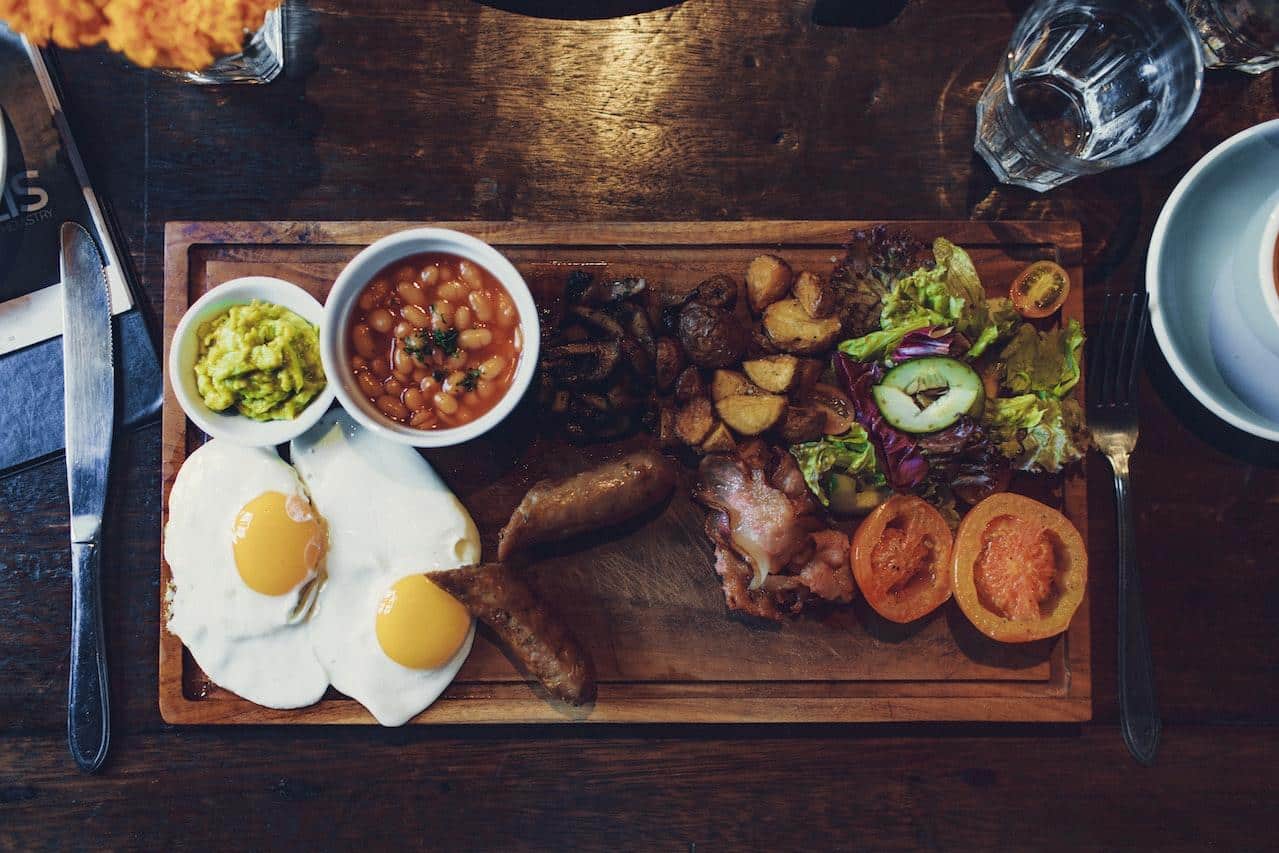Imagine your favorite delivery service had a miscommunication and sent your package somewhere entirely different from where you intended. When you finally called them to correct the problem, they didn’t even have enough truck drivers to get it to you in the first place.
With the most complex delivery and communication systems, many things can go wrong. The same is the case with our hormones. These chemical messengers are responsible for most of the body’s functions – in everything from feeling hunger or being full to human growth to our libido. In a state of optimal health, the body knows which hormones to signal where, when, and how much. Many factors – including environmental toxins, endocrine disruptors, nutrition, age, sleep, movement, and stress – can affect the proper balance of hormones, disrupting their natural synergy and potentially causing a host of health problems including obesity, infertility, PCOS, thyroid issues, and more.
We’ve covered how to support the natural rise and fall of your hormones throughout your cycle, and supporting PCOS symptoms nutritionally. This post will focus on how nutrition choices can support overall hormone balance.
Out with the Bad
Yes, the Western Diet still gets a bad rap in the context of hormones too – and for good reason. High-sugar and high-fat intake are associated with poor preovulatory hormonal signaling. When eating a high amount of carbohydrates without a balance of fat and protein, blood glucose levels increase and promote the production of insulin – a powerful hormone that helps deliver glucose (common in carbohydrates) to our cells to produce energy. It’s all well and dandy to have a natural rise and fall of insulin after eating periods, but hormones become imbalanced when insulin sustains at high levels as a result of chronically high blood sugar. Insulin resistance can be the precursor to unhealthy weight gain, diabetes, heart health, and a slew of other hormone-related disorders.
In with the Good
Choosing organic meats can help avoid the consumption of hormones fed to conventionally raised animals, which can cause hormonal imbalances. Organic fruits and vegetables are (mostly) free of endocrine-disrupting chemicals found in weed killers like glyphosate.
Here are some nutrients – and best sources – that promote hormonal balance:
- Magnesium – pumpkin seeds, avocado, nuts, beans, seeds, whole grains, bananas
- Zinc – beef, shellfish, legumes, nuts, seeds, eggs, whole grains
- Vitamin B1 – beef liver, pork, fish, beans, sunflower seeds
- Vitamin B5 – beef liver, beef, chicken, mushrooms, avocado, nuts, seeds
- Vitamin B12 – beef liver, fish, eggs
- Vitamin C – citrus, bell peppers, strawberries, broccoli, brussels sprouts, cabbage
- Vitamin D3 – pastured dairy foods, liver, fatty fish
- Omega-3 fatty acids – fatty fish, eggs, nuts, seeds, avocado
- Cholesterol – eggs

Protein Power
It’s true that protein builds muscle – and hormones. There exist protein-derived hormones called peptide hormones. These aid in energy metabolism, growth, stress, and reproduction, and can communicate feelings of being hungry or full. When it comes to regulating hunger hormones, it’s especially important to have adequate protein during breakfast. Great sources include:
- Tuna
- Salmon
- Eggs (including the yolk)
- Chicken
- Beef
- Lentils
- Tofu/tempeh
Cortisol Control
Sometimes stress reduction is the best start to beat chronic cortisol. But did you know that nutritional hacks also exist to control chronic cortisol levels? Chard provides a cocktail blend of vitamins C, K, magnesium, and carotenoids to balance the release of cortisol. White beans can help the body discharge excess cortisol due to phosphatidylserine.

Sleep Support
Sometimes sleep is the best medicine, right? In the case of hormone balancing, it’s imperative, as much of the body’s detoxification happens while you’re dreaming. Glycine promotes calm in the brain and can promote the production of human growth hormone (hGH).
The best dietary sources of glycine are:
- Animal skin (fish and chicken)
- Bone broth
- Collagen Powder
That Gut Feeling
It’s more than just a feeling – it’s communicating something. Being in a state of dysbiosis (or imbalance of bacteria types) can disrupt hormones that signal feelings of fullness. This can cause overconsumption of carbohydrates, often leading to insulin resistance and obesity. Fermenting fiber in the gut produces short-chain fatty acids – and research shows that some of which can help fight against insulin resistance. Taking an oral probiotic can help inoculate the gut with high levels of bacteria, especially in times of extreme dysbiosis.
You can also help populate your gut with health-promoting bacteria from these sources:
- Kombucha
- Kefir
- Greek yogurt
- Sauerkraut
- Kimchi
- Tempeh
- Miso
Putting it All Together
Eating a balanced diet can also lead to more balanced hormonal levels. Consider including these tasty recipes in your weekly menu planning to include the hormone-supportive nutrients we discussed:
About the author: Lisa (Driscoll) Lopes is a certified Nutrition Therapist Master through NTI’s Nutrition Therapist Master Program. Having studied journalism and vocal performance in undergrad, she enjoys using her voice to share the benefits of living a holistic, integrated lifestyle in writing. You can find more of her writing in the Baltimore Sun, Classical Singer Magazine, Capital News Service, and FOCUS blog.
Images:
Flat-lay Photography of Vegetable Salad on Plate by Ella Olsson from Pexels
Grilled vegetables and fried egg with beans and sausage by ROMAN ODINTSOV from Pexels
Person Lying on Bed Covering White Blanket by Pixabay from Pexels





/assets/images/provider/photos/2672875.jpg)
More Stories
Prevent Nearsightedness Complications With Early Treatment
FDA Clears Updated COVID-19 Vaccines for Kids Under Age 5
5 Ways to Support Your Microbiome During the Holidays